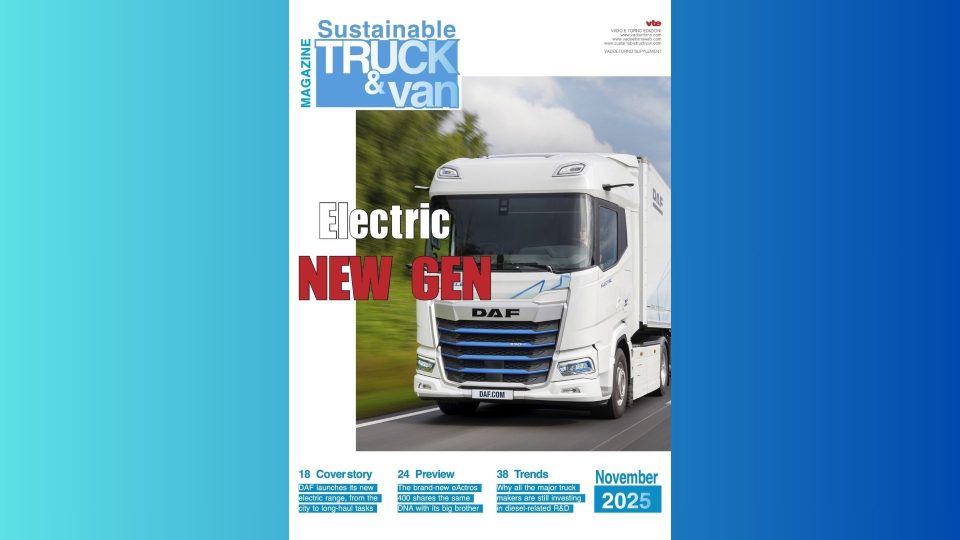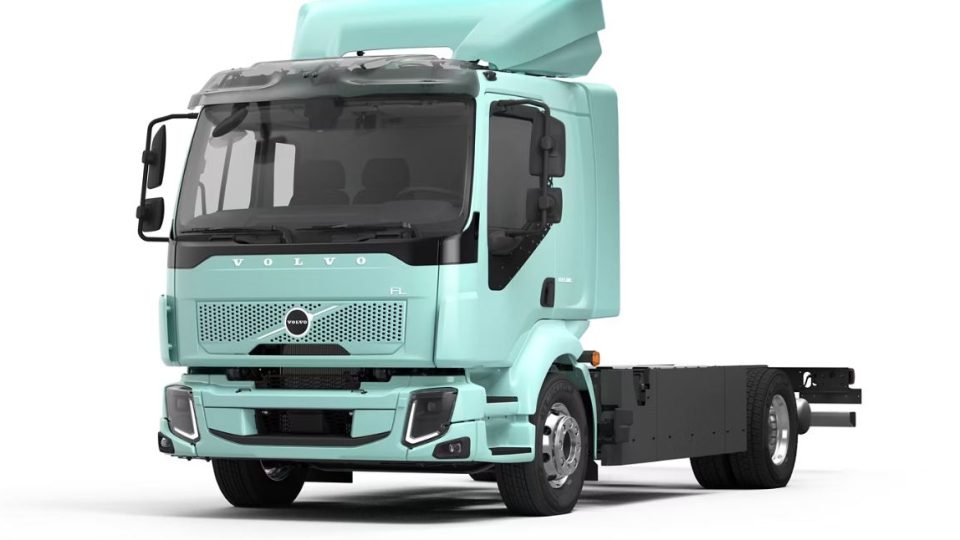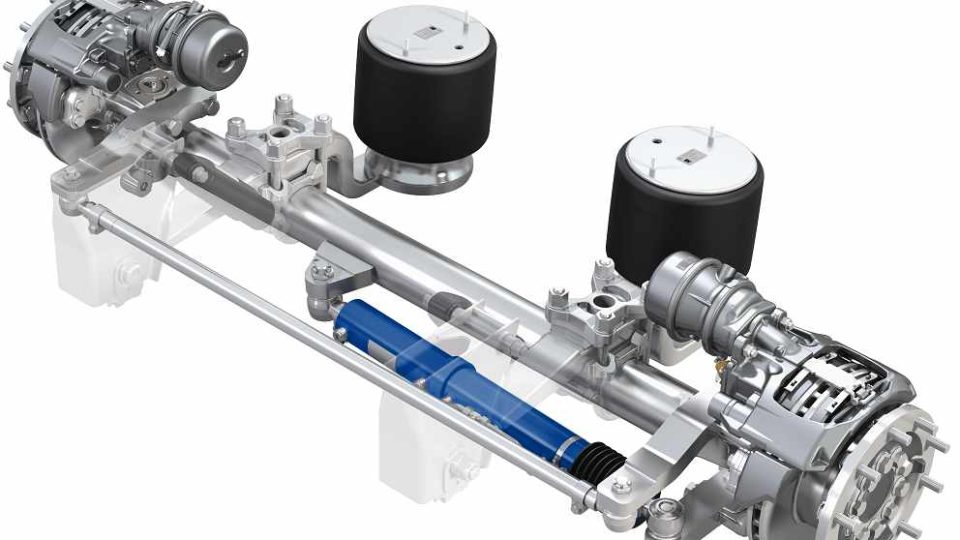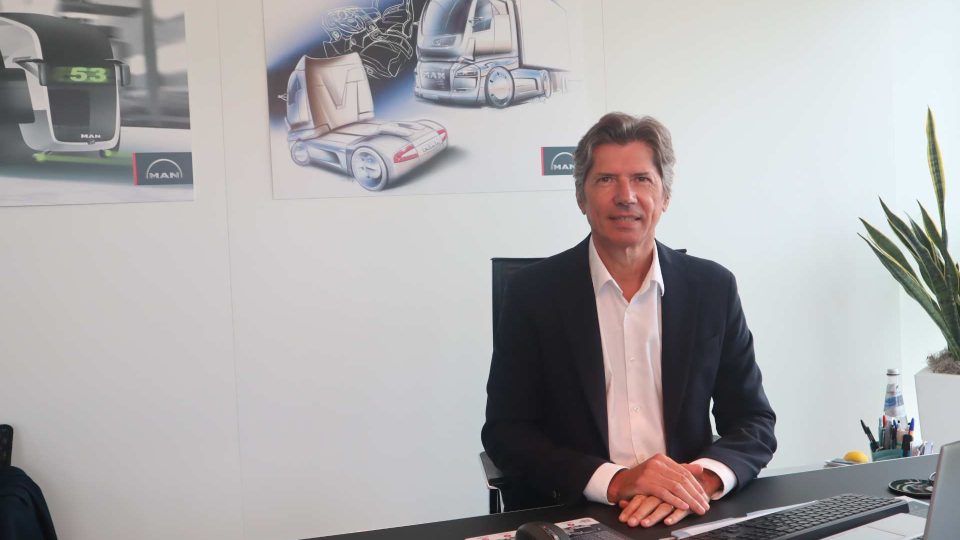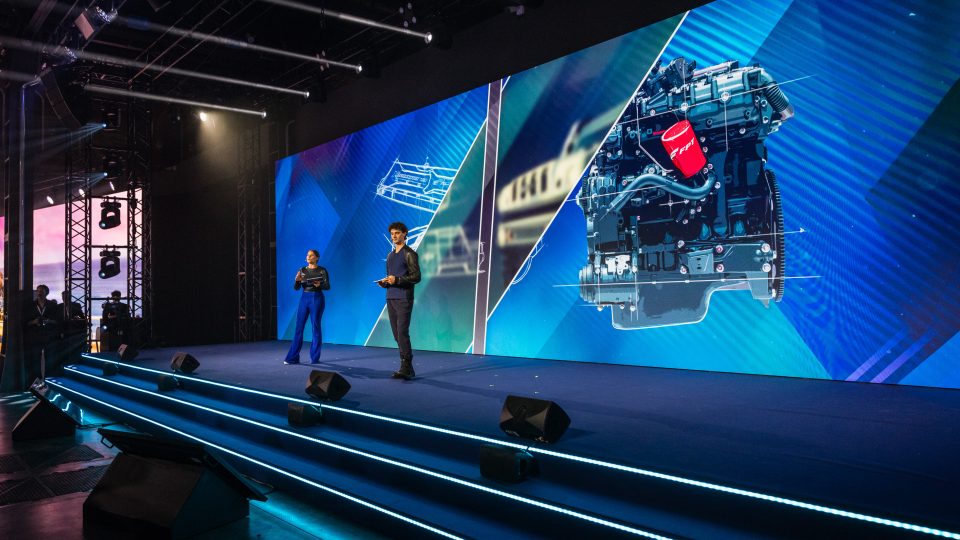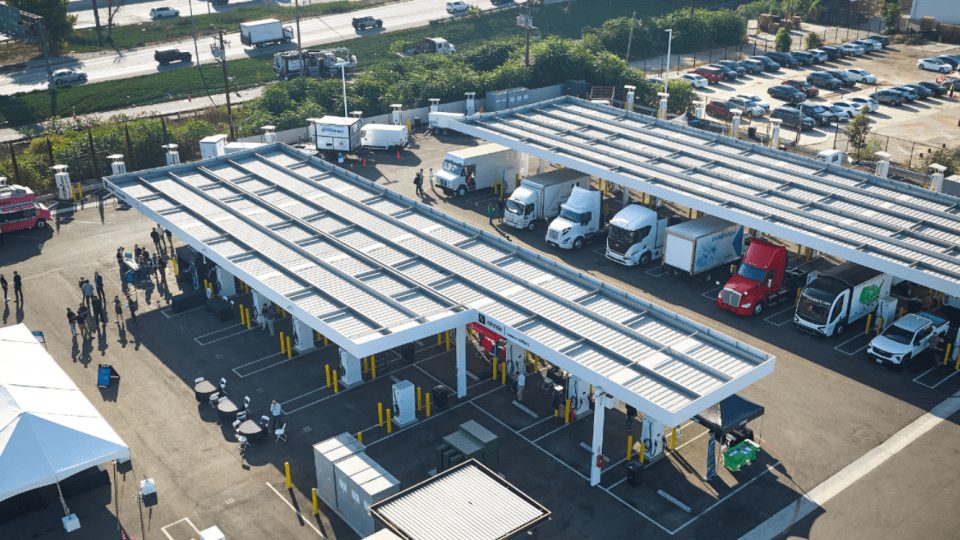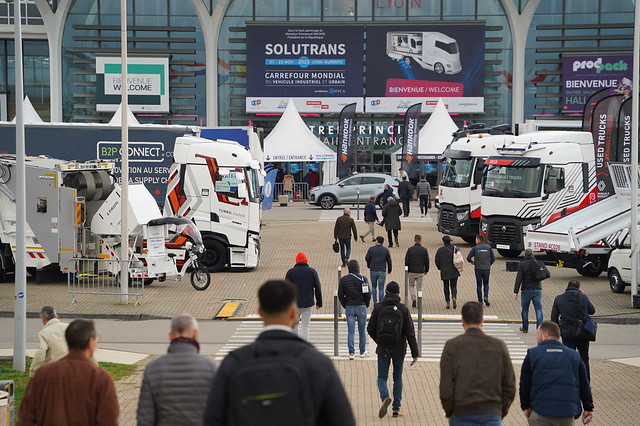The role of lubricants in the new mobility. Our interview with James Mark (Petronas)
«Petronas wants to play a primary role in the process of decarbonization at this stage of the transition towards sustainable mobility. A proof comes from the investments that have been intensified in recent years», said the Head of Marketing EMEA.

We had the opportunity to chat with James Mark, Head of Marketing EMEA at Petronas Lubricants International, at the final stage of the ‘Unstoppable Heroes – Petronas Urania Roadshow’, which saw the launch event of the new line of products featuring the StrongTech technology. He told us about the Group’s strategies in view of the European Green Deal 2050, a crucial commitment in a time featured by quite ambitious decarbonization programs.
James Mark, Petronas: «The study of lubricants is changing»
Mr Mark, how will lubrication change in relation to the targets of the European Green Deal 2050 and the current gradual transition to a mix of alternative fuel solutions (biodiesel, synthetic diesel, CNG/LNG)? In such a scenario, which role will electric and hydrogen propulsion systems play?
«Petronas wants to play a primary role in the process of decarbonization at this stage of the transition towards sustainable mobility. A proof comes from the investments that have been intensified in recent years (for instance, the new R&D facility in Santena, Italy, inaugurated a few years ago). Let’s think about the launch of a specific brand for electric vehicles at the Geneva Motor Show back in 2019.
The Petronas Iona range, in fact, includes lubricants (the three key areas are batteries, engine and gearbox in both cooling and lubrication and greases for friction components) designed specifically for electric passenger vehicles.
Being a truly global player, Petronas is rather privileged in its access to resources. As a consequence, although like everyone else we’ve been forced to adjust our price lists this year, these effects have had less impact than those of smaller competitors
James Mark, Head of Marketing EMEA at Petronas Lubricants International
These lubricants have been studied and designed thanks to the several partnerships the brand has established around the world with manufacturers. However, talking about the electric field, development is much faster, so the study of lubricants is also changing in step with the technology, the batteries and the whole system in general, which is evolving very rapidly.
This is why we see many opportunities for the future in order to make the systems more efficient, but the real question we should ask ourselves is ‘Are we sure that electric is the optimal solution?’. ICEs continue to play a key role and show that there’s still room for improvement. Petronas will always be ready for new challenges».
What happened with the pandemic outbursts
How have the lockdown and pandemics affected the market’s approach to what vehicle maintenance practices look like?
«Actually, even though we’ve been confined for a long time, commercial transportation has never stopped. People’s habits have changed and, as a result, the transportation chain has also adapted. Instead of unloading directly at the mall, trucks are stopping at logistics centers that in turn sort the goods directly to the consumer’s home via vans. For those who have been able to grasp this change, it has represented an opportunity (from food delivery to online shopping, where shipments are growing in triple digits) and is probably destined to take hold, albeit with a gradual recovery of traditional activities, but overall not much has changed in vehicle management».
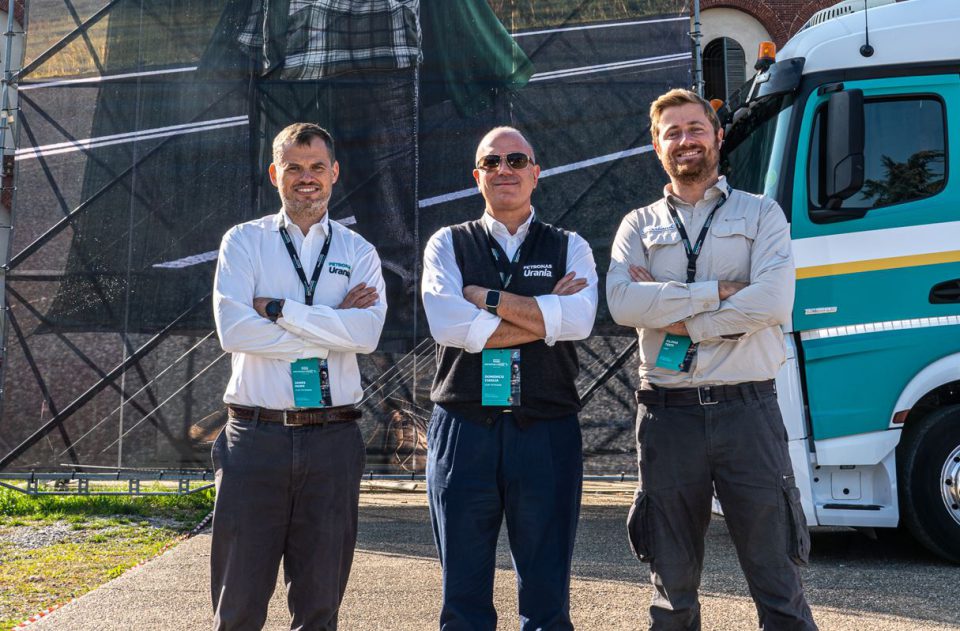
Will inflation and the rising cost of raw materials have an impact on the prices of lubricants as well as full-service contracts?
«There have been a number of situations that have negatively impacted commodity prices, not the least of which was the blockage of the Suez Canal for a week. Not only the oil system has been affected by this. If we think about manufacturers, for instance, the effect is much more evident. Production lines stopped, empty dealers and longer delivery times, but we also think that in a reasonable time (6 to 8 months) the price trend might normalize.
Being a truly global player, Petronas is rather privileged in its access to resources. As a consequence, although like everyone else we’ve been forced to adjust our price lists this year, these effects have had less impact than those of smaller competitors. This may have created tension in the full-service contract chain in some cases. However, it’s quite important to point out that from the requests coming from manufacturers are to limit machine downtime as much as possible in favor of a competitive TCO, so the formulation of increasingly high-performance (in terms of reduction of consumption and CO2) and durable lubricants becomes a central issue, also for environmental sustainability, as it contributes to the reduction of disposal of the same».



